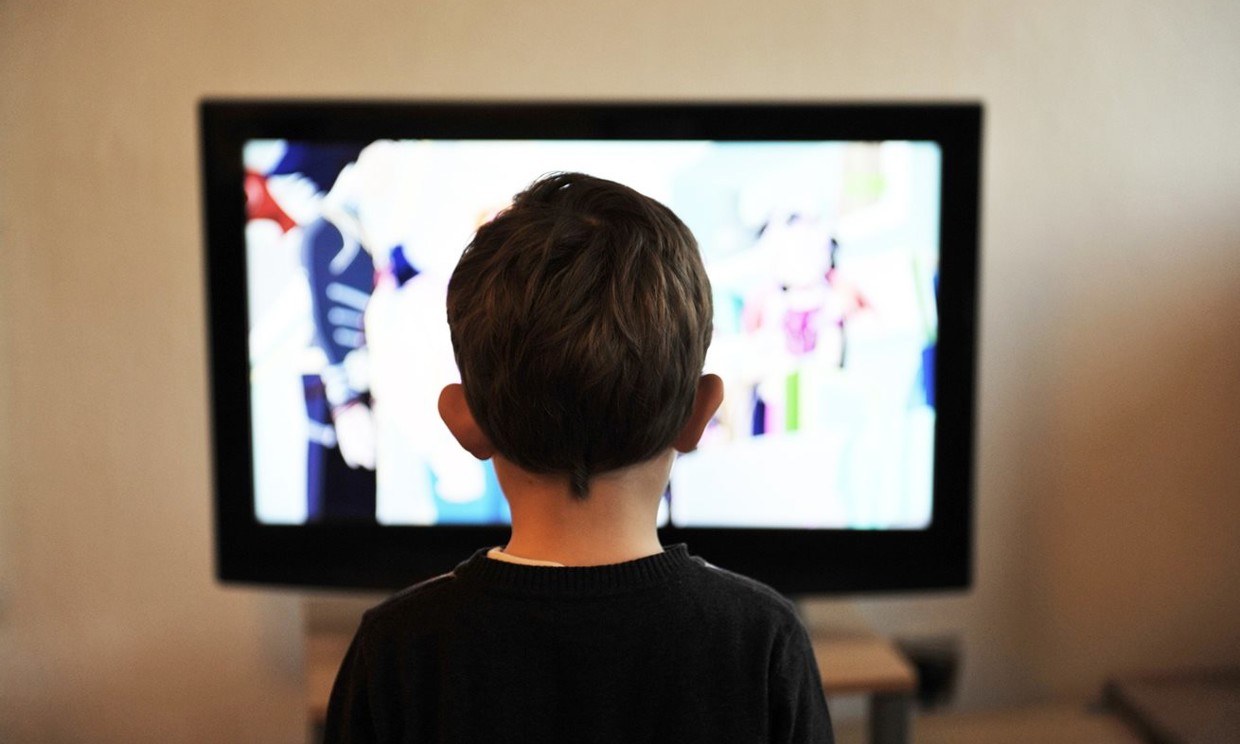Disasters and traumatic events have become an immersive experience in the modern era of 24 hour news coverage. Graphic images and reactions stream everywhere and between our online and offline lives they’re almost impossible to miss.
In adults, who are usually better equipped to put context around these events, exposure to news coverage can be distressing. But what about young children? Are they really aware of what’s going on? And if they are, how can we help them cope?
While we don’t sit our toddlers down to watch the evening news, they can still become aware that something is wrong. They won’t know or understand what’s happened, however research published in the Journal of Psychological Science shows what we all know as parents – from a very early age, our children are tuned into our emotional states.
If we’re stressed by an event, it’s likely they will be too.
For slightly older children, exposure to traumatic images can be confusing. According to University of Michigan, they won’t understand what’s happened, but they’ll certainly know that people are upset by it.
Repetitive news cycles can also make children of this age think the same bad thing is happening again and again.
So how do we know if traumatic events are affecting our children?
Advice from University of Michigan and other sources suggest to keep an eye out for these common signs:
- Increased clinginess
- Fear of being apart from their parents
- Acting out
- Becoming withdrawn
- Play that acts out scary events
- Changes in sleeping and eating patterns
- More easily frustrated and harder to comfort
- Increase in aggressive behaviour
- Regressing to earlier behaviours, like frequent night-wakening, bed wetting or thumb-sucking
If you’ve noticed these signs and feel your child has been affected by events in the news, the trauma and grief network (a collaboration of the Australian Government and Australian National University) provide some simple steps you can take to help them cope:
- Answer their questions at a level appropriate to them, and be careful not to provide more information than they are asking for
- Help them identify and label their feelings, and reassure them that their feelings are okay
- Provide comfort and affection
- Engage in games and activities to help re-focus their attention
- Be selective in your media consumption
- Be mindful of your own reactions
Shielding young children entirely from news coverage isn’t always possible, but talking to them and continuing a normal daily routine will help them feel secure and better handle the stress that can come with exposure to traumatic news.


